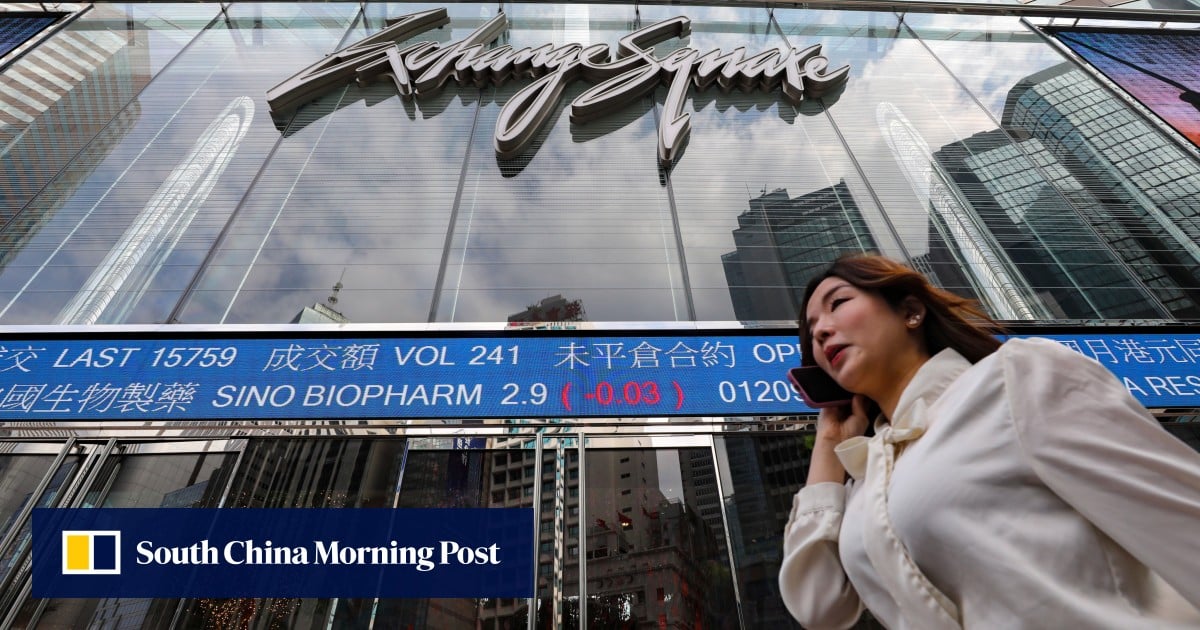
27 Feb International Women’s Day: Hong Kong-listed firms see notable rise of gender diversity on boards but advocates say more can be done
Hong Kong-listed firms have seen a notable rise of female representation on boards, thanks to favourable regulation, but they still lag regional peers when it comes to women in key executive roles, according to US-based financial indices and analysis tools provider MSCI.
Among companies domiciled in Hong Kong, women accounted for 19 per cent of board seats as of October 2023, compared with 16 per cent in 2022, according to a report published by MSCI on Tuesday, ahead of International Women’s Day on March 8.
The showing was the fourth-strongest increase from the year before in Asia-Pacific (APAC), pushing Hong Kong above the average level of the region, which rose 1.6 percentage points in 2023 to 18.2 per cent.
MSCI has tracked the gender diversity of corporate boards since 2009, by monitoring the disclosures of the 2,811 constituent companies of the MSCI All Country World Index.

The ratio for Hong Kong still trails some of its Asia-Pacific counterparts, such as Australia’s 40.8 per cent, Malaysia’s 33.1 per cent, Singapore’s 25.3 per cent and Thailand’s 20.3 per cent, but the city is ahead of Taiwan at 14.1 per cent and Japan with 18 per cent.
“Hong Kong, which formerly had relatively low levels of female participation in the boardroom among APAC markets, has continued to improve the women representation over the past five years,” said Guo Siping, head of Greater China ESG and climate research at MSCI.
Guo attributed the improvement to regulatory stimulus, as a Hong Kong listing rule from Hong Kong Exchanges and Clearing (HKEX) went into effect at the beginning of 2022, which mandated that companies with single-gender boards introduce at least one woman board member by the end of 2024.
The proportion of companies without females on boards in Hong Kong declined by 8.3 percentage points to 8.8 per cent in 2023, marking the third sharpest drop in the Asia-Pacific area, just behind the 10.8 percentage point drop in South Korea and 9.1 percentage point fall in Taiwan.
Hong Kong may see higher female representation on boards in 2024 to comply with the amendments of HKEX, Guo predicted.
She suggested firms consider raising the bar by having at least 30 per cent of board seats held by women and pivoting their efforts towards female talent retention, as Hong Kong is about to “enter a new phase of ending all-male boards by the end of 2024”.
HKEX names Bonnie Chan as its first woman CEO, to succeed Aguzin
HKEX names Bonnie Chan as its first woman CEO, to succeed Aguzin
Globally, some 25.8 per cent of the MSCI index constituents’ board seats were held by women, up from 24.5 per cent a year earlier. But only 6.5 per cent of those companies had women CEOs, up from 5.8 per cent in 2022.
In mainland China, the number of firms with female representation on corporate boards grew by 0.9 percentage points to 15.7 per cent last year, lagging behind the average in Asia-Pacific and worldwide. Some 6.7 per cent of companies in mainland China have female CEOs, slightly above the global average.
The proportion of mainland China-listed companies with all-male boards dropped to 21.8 per cent, still much higher than the average global and Asia-Pacific level. Among them are some large-cap companies in the consumer, information technology and energy sectors, which receive a lot of attention from global investors, Guo said.
Mainland China stood out with 27.5 per cent of companies with female chief financial officers (CFOs), outperforming the global average of 18.8 per cent and the Asia-Pacific average of 20.3 per cent, which, according to Guo, “reflects the growing influence of women in key positions”.
Hong Kong firms ‘must do more’ to get women onto their boards of directors
Hong Kong firms ‘must do more’ to get women onto their boards of directors
The proportions of female CEOs and CFOs in Hong Kong-listed companies were 4.4 per cent and 19.1 per cent respectively, both lower than the general standard in the Asia-Pacific region.
“Hong Kong can do more,” said Kirti Lad, co-founder of the Women’s Directorship Programme. “The speed of new hires [of women on boards] has been very slow, we are over two years into the new mandate by the HKEX and yet many companies have not even thought about how they will meet this requirement.”
Research has found that companies with three or more women on boards saw higher employee productivity than those with none or only one, and in the UK, companies in the top quartile for gender diversity proved to be 15 per cent more likely to outperform their industry peers, Kirti said.
“We expect close to 1,000 new board seats will need to be appointed in Hong Kong due to the change in requirements from the HKEX by December 2024,” she said.

